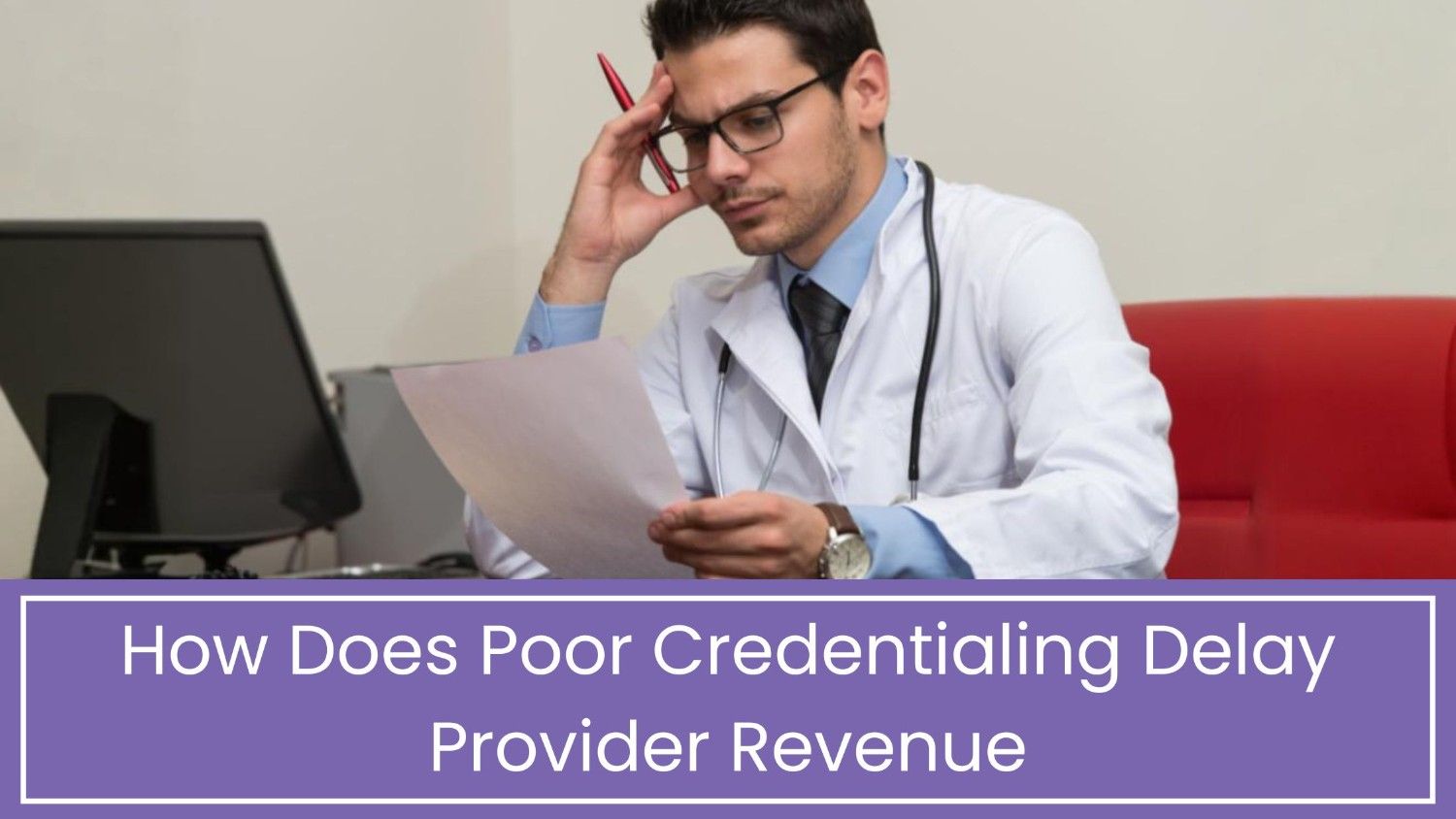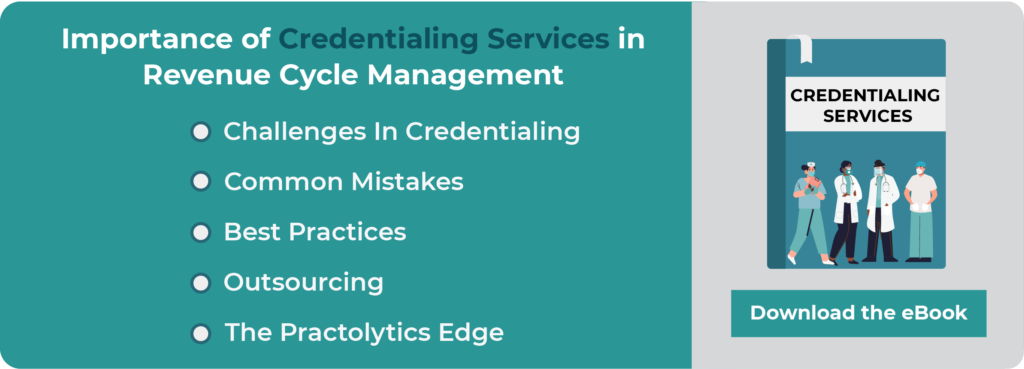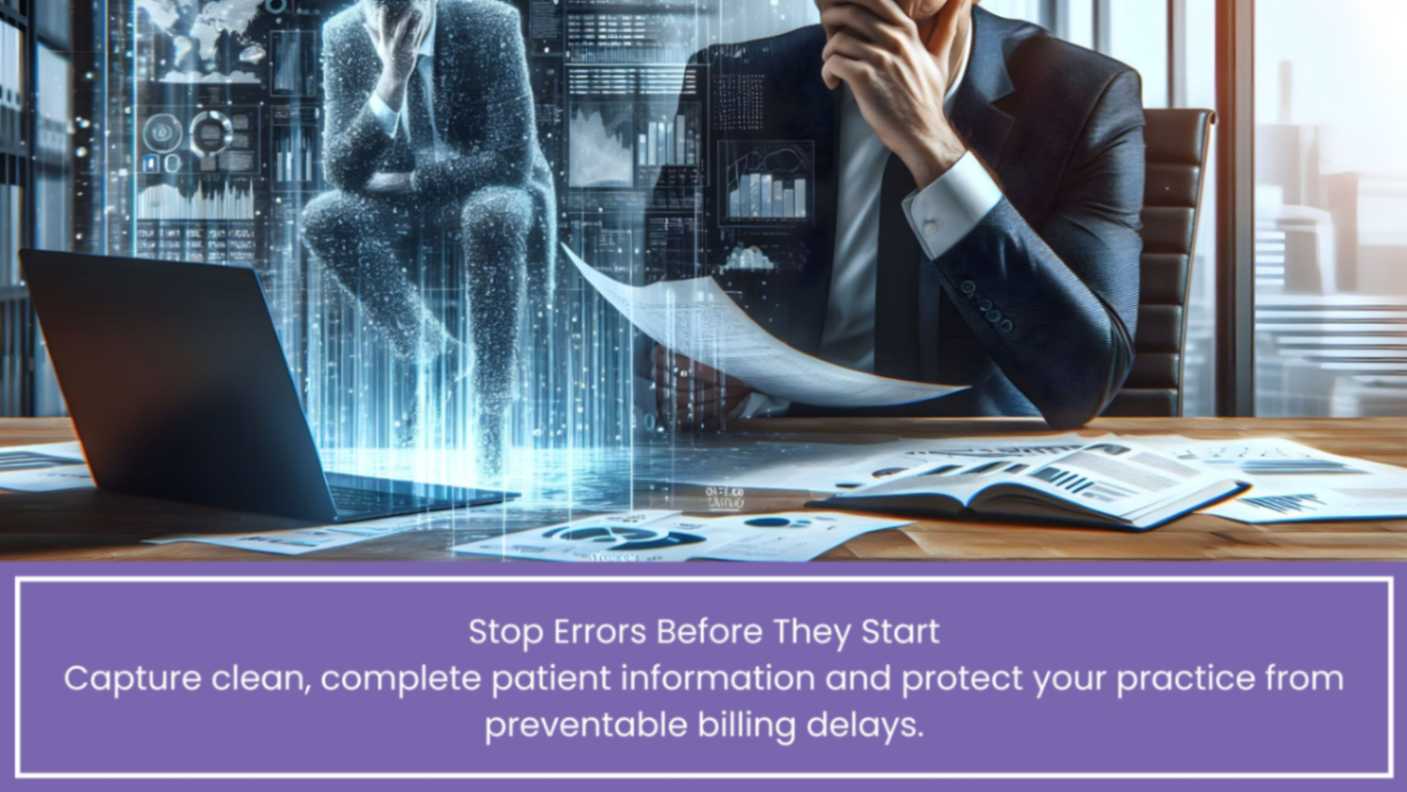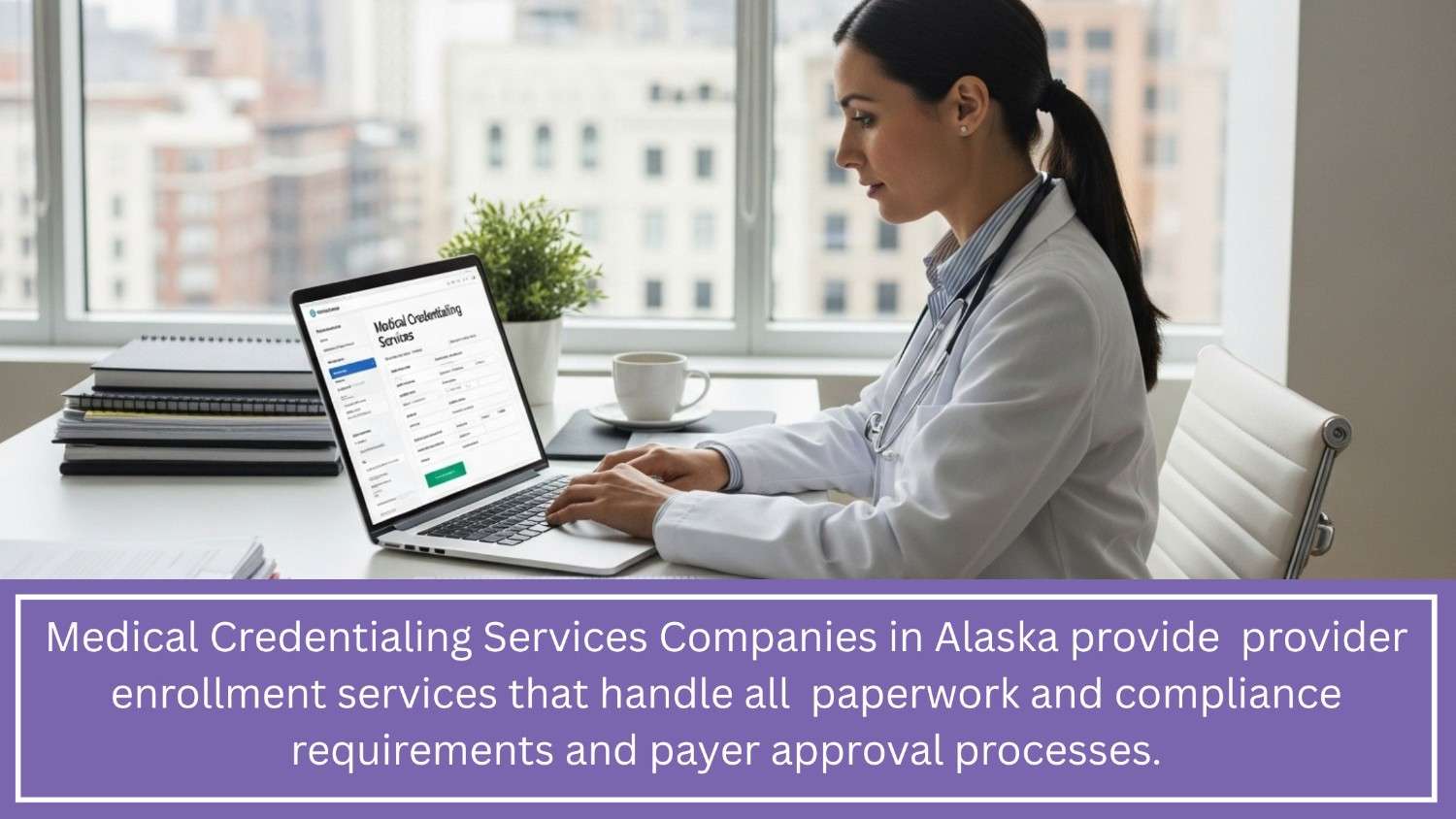How Does Poor Credentialing Delay Provider Revenue
Poor credentialing is one of the biggest barriers to ensuring that healthcare providers are paid on time. When the credentialing process is slow, inaccurate, or incomplete, it leads to denied claims, lost revenue, and delayed payments. In 2025, the impact of poor credentialing will be even more severe due to stricter regulations, more frequent audits, and higher payer requirements. This article explains how does poor credentialing delay provider revenue, presents current data and trends, and offers actionable solutions. You’ll also learn how Practolytics streamlines the credentialing process, minimizes denials, and helps providers get paid faster.
Table of Contents
Poor Credentialing Delays: Impact on Provider Revenue
Healthcare providers miss a key step to getting paid: credentialing. Credentialing checks a provider’s training, licenses, and background so they can see patients and bill insurers. Slow or wrong credentialing delays payments. In 2025, with more patients, tighter rules, and new insurance plans, bad credentialing costs more money than ever.
This post shows how credentialing mistakes hurt your income. We share current numbers and trends, point out where things go wrong, and give clear steps to fix credentialing now. You’ll also see how Practolytics helps providers speed up credentialing and get paid faster.
What Is Credentialing—And Why It Matters
Medical credentialing services are how health plans, hospitals, and government agencies ensure that a doctor or nurse is properly trained and authorised to care for patients. It covers:
- Checking their medical license and state sign-up.
- Looking at their specialty training and board papers.
- Reviewing past jobs, school records, and any past issues.
- Keeping everything up to date with renewals and new training.
Without solid credentialing, providers might not get into insurance networks. Or approvals take too long. That means they can’t get paid by some insurers—even after seeing patients.
Recent Insights & Stats on Credentialing Delays
- Providers typically wait 3-4 months for credentialing to finish.
- For doctors, this delay can mean losing up to $122,144 in income.
- Over 85% of applications have errors or missing details, causing slowdowns.
- 74% of healthcare groups say credentialing delays hurt their bottom line.
- Proper credentialing costs $7,000–$8,000 per provider for full checks.
These facts show slow credentialing isn’t just frustrating—it hits profits hard.
How Poor Credentialing Delays Revenue
Here are the key ways poor credentialing hurts your revenue:
Providers Can’t Bill On Time
If a doctor isn’t cleared with an insurer, you can’t bill them—even after seeing patients. Payments get stuck until the paperwork finishes. Some insurers won’t pay for past visits.
Claims Get Rejected
Bills sent under an uncredentialed provider often get denied. This forces rework, appeals, or total payment loss.
Deadlines Get Missed
Late credentialing creates gaps. If you miss medical billing windows for services already provided, that money is gone forever.
Administrative Overhead Costs
Fixing credential mistakes, tracking missing paperwork, talking to many insurance companies, and handling audits take staff time and money. These costs cut into your profits.
Limited Patient Volume
If providers aren’t credentialed with enough insurers or networks, fewer patients can use their insurance. This means fewer patients can be seen and billed.
Damage to Reputation and Trust
When providers aren’t listed correctly in insurance directories, or patients find out they’re not covered, it hurts your reputation. This leads to fewer referrals and less business.
Regulatory and Compliance Risk
Healthcare rules require providers to keep licenses and credentials current and accurate. Breaking these rules can mean fines, lost contracts, or being kicked out of programs like Medicare and Medicaid—so you get no payments from them.
Trends & Updates in 2025
What is new in credentialing today?
Digital Tools Take Over
Companies are swapping old paper files and spreadsheets for digital systems. These tools check licenses and credentials automatically. They flag expiring documents and late renewals. This cuts mistakes and speeds things up.
Clear Rules, Fewer Forms
Groups are pushing for simpler, more consistent requirements. Less paperwork. Clearer rules. When standards are steady, online portals work better. Delays drop.
Always Watching Credentials
It’s not just the first check that matters. Now, systems track licenses and renewals nonstop. If credentials expire, payments can stop. Constant checks keep revenue flowing.
Integration with EHR and Billing Systems
Credentialing tools that work with your AdvanecdMD EHR and billing systems show doctors right away if they’re approved for an insurer before booking patients. They also flag expired credentials so your team can renew them on time.
Regulatory Pressure & Audits
Audits from insurers and regulators are stricter now. Small credentialing mistakes that used to slide can cause denied claims or frozen payments. Staying compliant is a must—not just nice to have.
Real Cases/Examples
- A provider delayed credentialing by 90–120 days. They lost over $122,000 in revenue during that time. Physicians and surgeons couldn’t bill for their work.
- Another practice had big delays. Specialists couldn’t bill for procedures until months later. By then, some claims were too late to submit.
- Studies show 85% of credentialing applications get delayed or denied. Why? Missing or wrong information.
How Providers Can Fix Poor Credentialing and Recover Revenue
Here are straightforward steps providers can take to cut credentialing delays and secure revenue:
- Use automated credentialing tools. These handle license checks, board certifications, and updates without manual work.
- Create a dedicated credentialing team. Specialists focus only on this, learn the rules, and prevent errors.
- Build simple checklists and templates. Cover basics like names, addresses, NPI numbers, licenses, specialties, and insurance details to avoid missed items.
- Keep provider data current. Track expirations, address changes, or name updates regularly.
- Link credentialing with EHR and billing systems. Alerts flag uncredentialed providers, stopping scheduling or billing mistakes before they happen.
- Submit credentialing applications early. Don’t wait until you’re ready to start services.
- Track these key numbers:
- Average days to get credentialed
- How many denials are due to credentialing issues?
- How many payers does each provider work with?
- Use this data to fix slow spots.
- Train your team on each payer’s rules. Insurers often need different paperwork or renewals.
- Use tools to track license renewals automatically. Avoid expired credentials.
- If your team is swamped or lacks know-how, consider outsourcing credentialing.
Risks If You Don’t Fix Credentialing
- Money keeps slipping away, and payments are late.
- Too many claims get rejected and won’t come back.
- Audits could hit us with fines.
- We can’t grow our team or see more patients.
- Our staff is exhausted from fixing paperwork problems.
Conclusion: Practolytics Can Help Prevent Credentialing Delays and Recover Revenue
Poor credentialing hurts your bottom line. It causes payment delays, claim denials, and lost income. In 2025, with stricter payer rules and more audits, these problems get worse.
At Practolytics, we fix credentialing delays. Here’s how:
- Automate checks: Our tools verify licenses, board certs, and insurer details fast.
- Never miss renewals: Get alerts before credentials expire.
- Stop billing errors: We link to your EHR and billing systems to block scheduling or claims without valid credentials.
- Submit right the first time: Use our templates and workflows to avoid missing info.
- Spot delays fast: Dashboards show where credentials are stuck and which payers cause issues.
With Practolytics, you cut credentialing time, reduce denials, and get paid sooner. Smooth credentialing means a healthier revenue cycle—and more time for patients, not paperwork.
Talk to Medical Billing Expert Today — Get a Free Demo Now!






